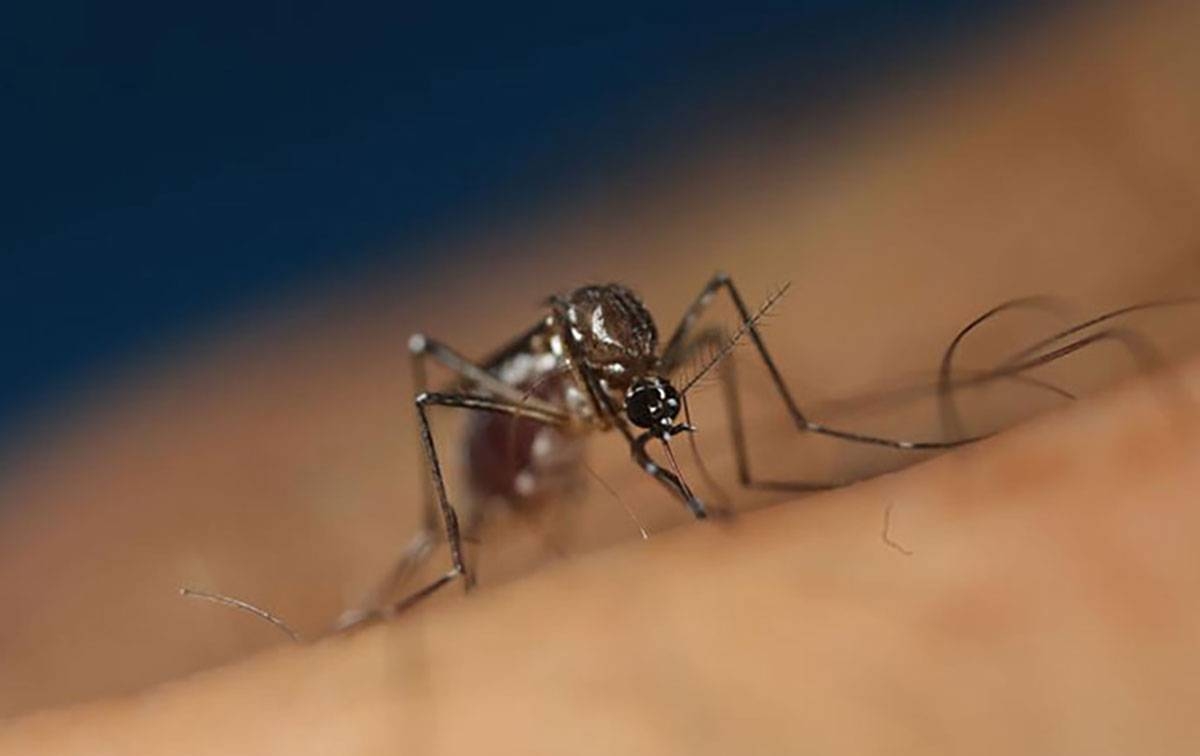The Department of Health (DoH) has recently reported a significant drop in the number of dengue cases across the country. From December 17-31, 2023, there were 7,274 recorded cases, but this number has decreased to 5,572 from January 1-13, 2024. However, it is important to note that Region 7 has shown an increase in cases during the first two weeks of the year, with 428 reported cases.
Typically, dengue cases tend to increase during the rainy season. However, the current El Niño weather phenomenon has led to a different trend. Families and establishments are expected to store water due to the dry conditions, which can inadvertently create breeding grounds for mosquitoes. Recognizing this, the DoH has advised the public to keep water containers covered to prevent mosquitoes from laying their eggs on them.
To combat the spread of dengue, the DoH recommends following the five S strategy. This strategy includes actively searching for and destroying mosquito breeding sites, using self-protection measures such as insect repellent and protective clothing, seeking early consultation if symptoms arise, supporting fogging efforts where necessary, and emphasizing the importance of hydration.
It is crucial to understand the severity of dengue as defined by the World Health Organization (WHO). Dengue is a mosquito-borne viral infection that presents as a severe flu-like illness. If left untreated, it can lead to potentially lethal complications. Therefore, it is essential for individuals to take preventive measures and seek medical attention at the earliest signs of the disease.
While the overall decrease in dengue cases is encouraging, the rise in cases in Region 7 serves as a reminder that vigilance is still necessary. Mosquito-borne diseases can spread rapidly, and it is vital for everyone to be aware of the risks and take appropriate actions to protect themselves and their communities.
In addition to the DoH’s recommendations, it is worth noting that different countries may have their own specific guidelines and preventive measures in place. Local laws and customs can also play a role in addressing mosquito-borne illnesses. Therefore, it is advisable for individuals to stay informed about the specific guidelines relevant to their region and adhere to them accordingly.
By staying informed and taking proactive steps, we can collectively work towards reducing the incidence of dengue and other mosquito-borne diseases. Let us prioritize the health and well-being of ourselves and our communities by following the advice of health authorities and taking the necessary precautions to prevent the spread of dengue. Together, we can make a significant impact in combating this disease and ensuring a safer environment for all.







